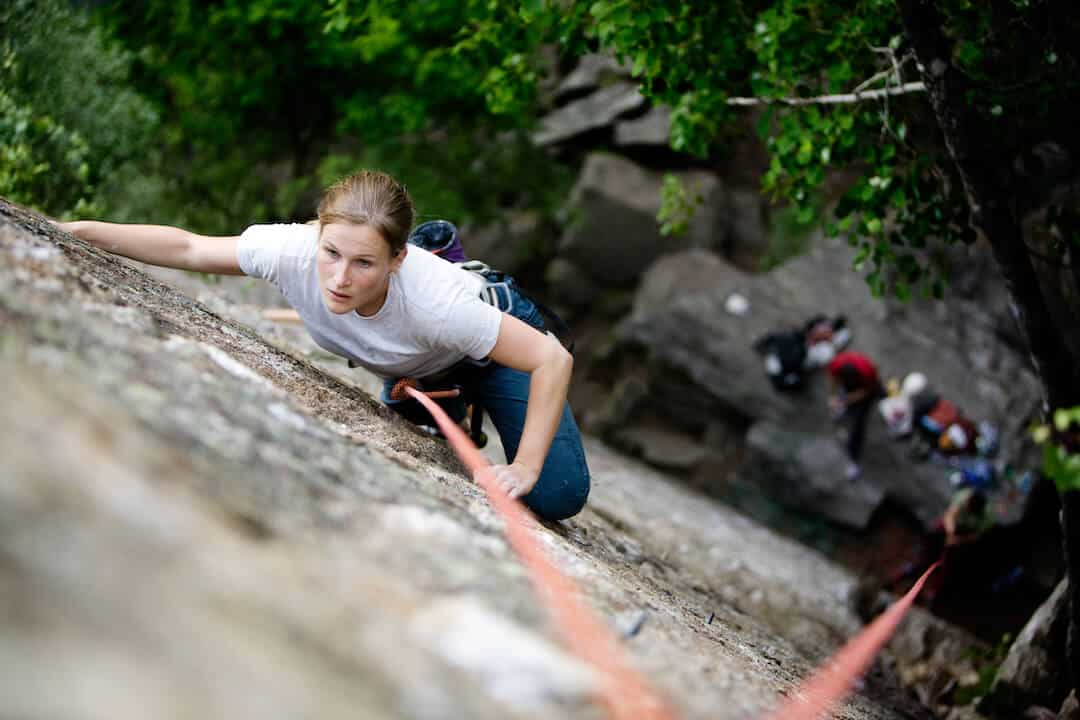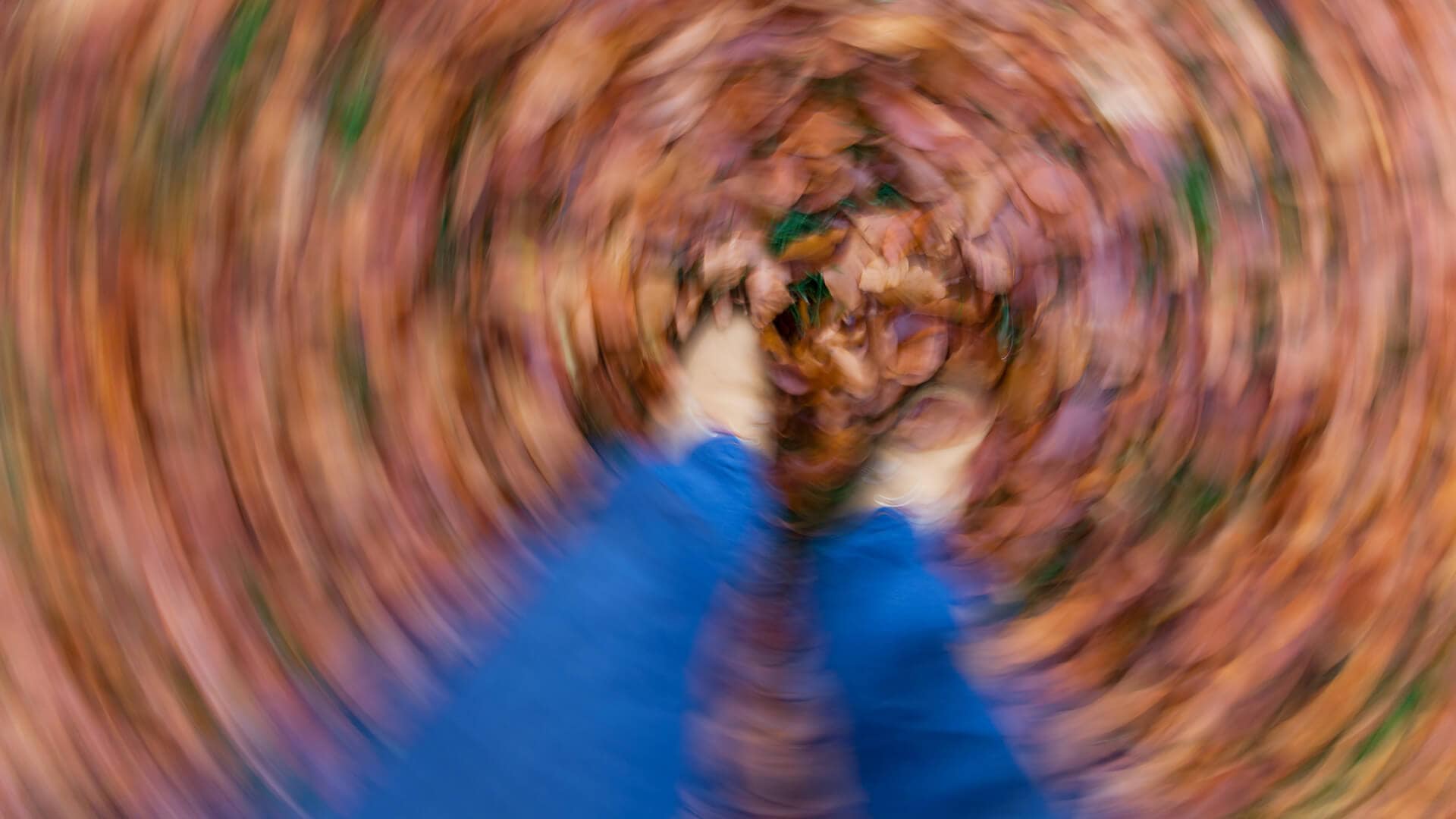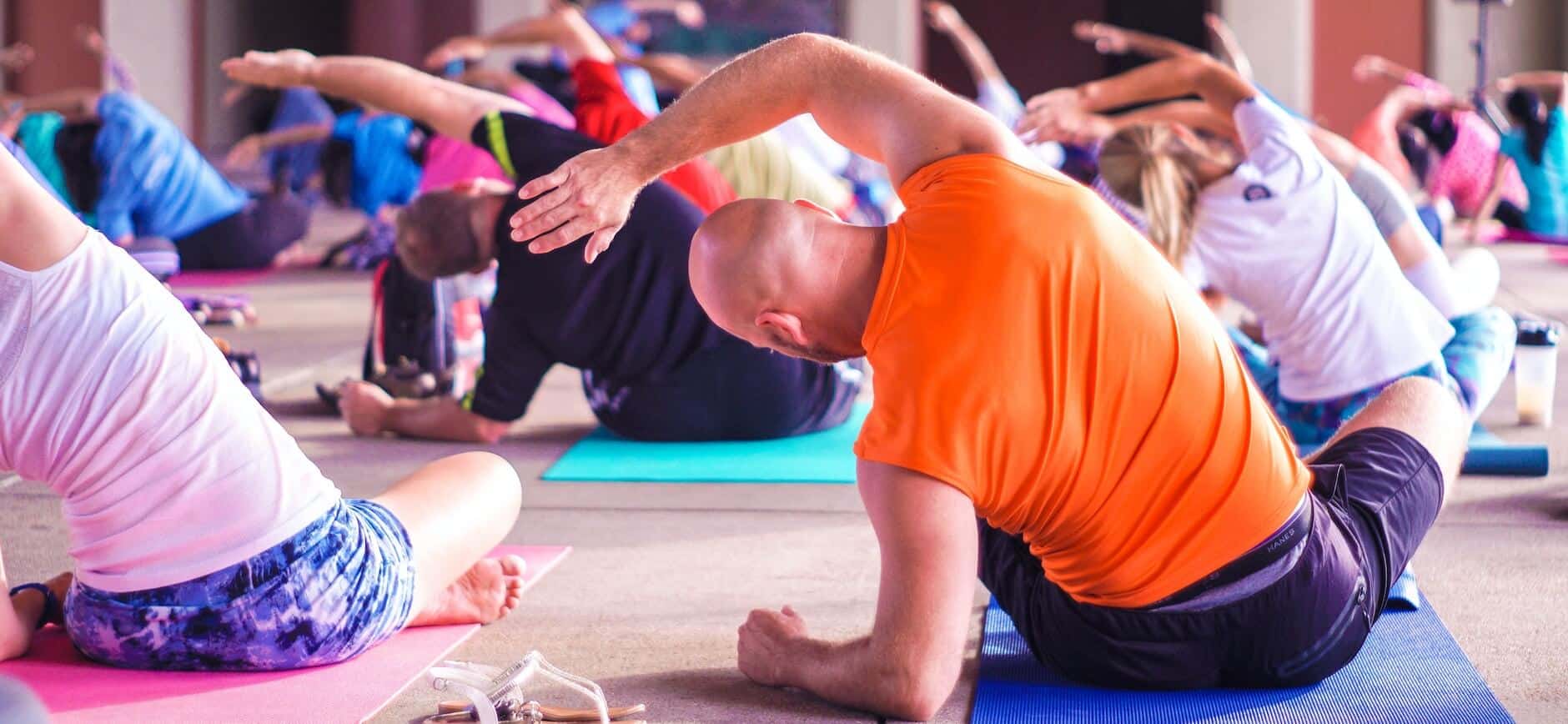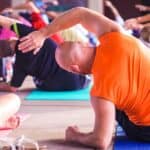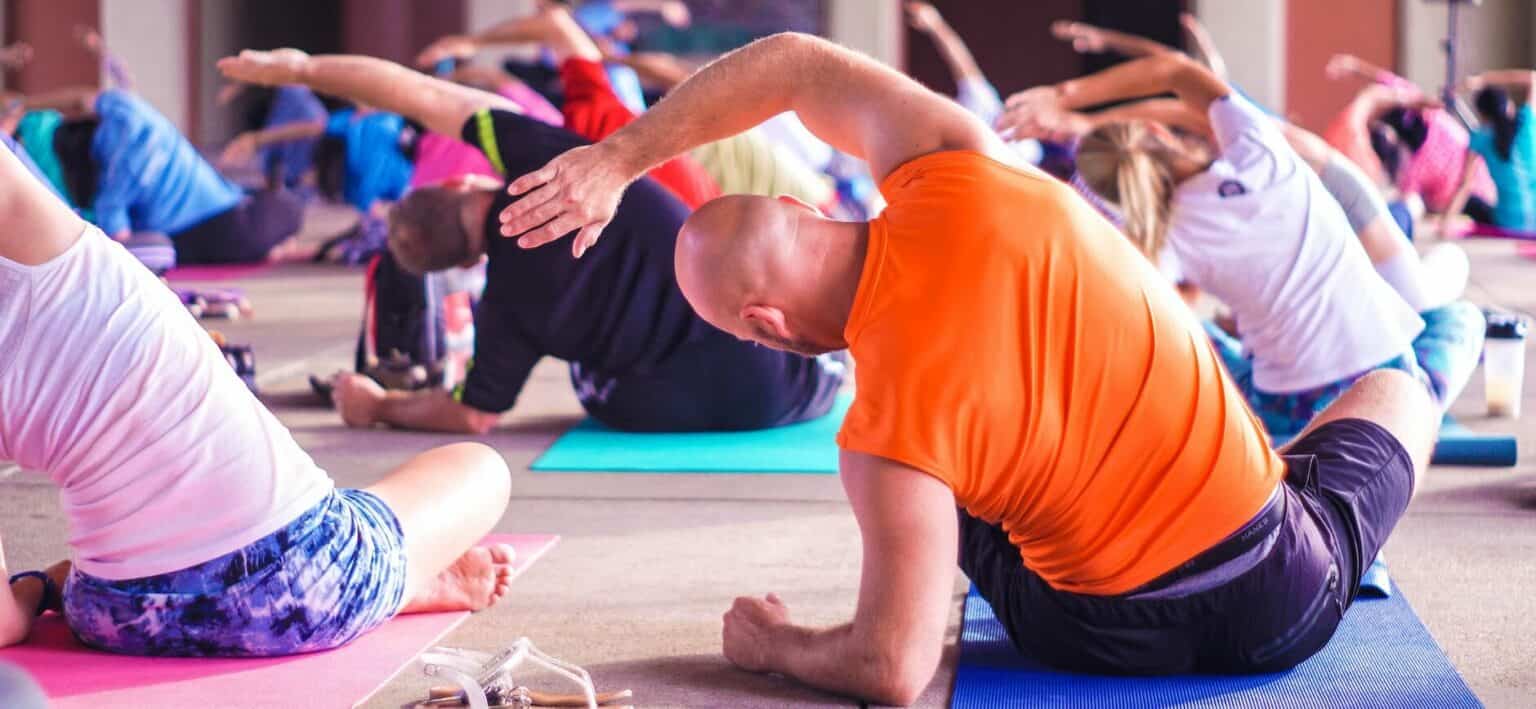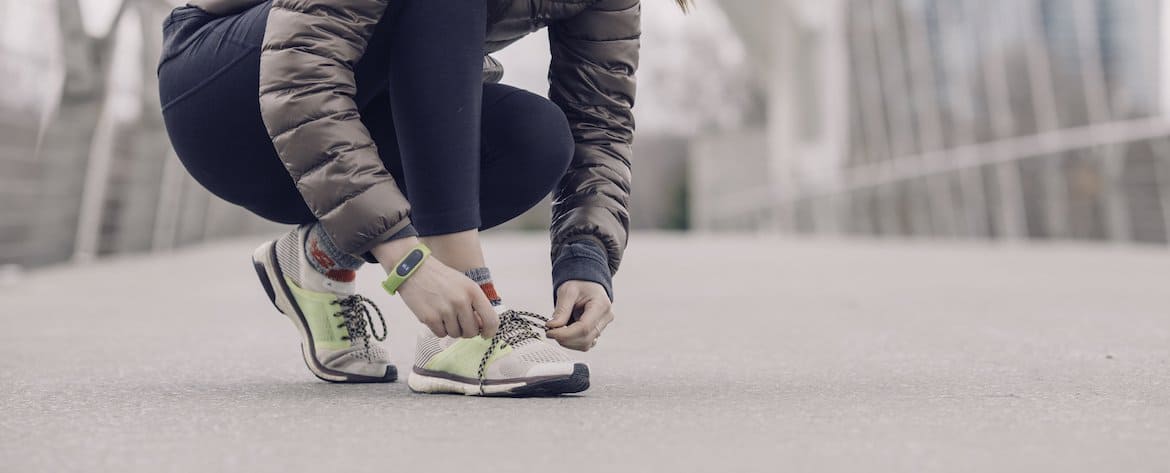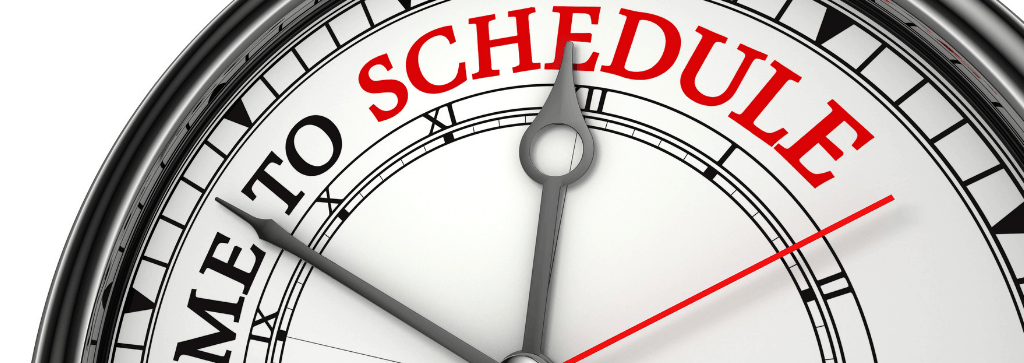I have summarised an article that I read on the ABC website this week, entitled ‘How to stop sabotaging your fitness goals and create a daily habit’
You can read it here or I can summarise it for you and add in a few extra thoughts.
There is a lot to like about this article. If you are someone that knows they SHOULD exercise more but are finding it hard to get going, you deserve to read it, and read this blog too.
How the author failed in her exercise quest
The premise of the article is that even though the author, Madeleine Dore, knew what was the right thing to do for her health, or even though she had purchased the gym membership and knew that her money was being wasted, it wasn’t enough to make exercise a daily habit.
Her motivation was to exercise for appearance change ie losing weight. And she admits that it was a counterproductive reason for exercising.
Why weight loss is a tricky goal
Realistically, you know that if weight loss is your goal, it isn’t an easy climb. The results are often slower than you would like, or at least not quick enough to see a change to feel like a winner.
We are programmed to do better with little wins – it keeps us motivated and moving forward. It is this effect in the brain of quick reward that keeps you buying stuff online!
Weight loss goals are easy ones to fail on. If you fall short of your goal, pull out, or ‘fail’ in your own mind, it is really counterproductive for next time, and so it goes.
Also, there is quite a different motivation between losing weight and exercising for enjoyment or well-being. I have heard it described as ‘pull motivation’ vs ‘push motivation’. If you have a weight goal, the pull of that goal can be argued to get less as you get closer to your goal. You reach the goal, then what? Does it create a sustainable change or a habit?
Compare that to exercising because you love the effect it has on your sleep, or your general well-being. The motivation is always there and more likely to create a lasting habit change.
Key to success – change your reason for exercise
Madeleine Dore ‘reframed’ her reasons for exercising. She changed her focus from weight loss, and started focussing on what it could do for her mind.
- She developed a motivation that wasn’t a vanity goal. Instead of weight loss, she used the feeling of being at her best.
Weight loss may well be a by-product of this motivation though. - She focussed on her energy levels and the gains that it brought to her. Clarity of mind, waking more easily. Creativity. Productivity. Not weight loss or losing tuckshop lady arms or baby belly.
- Don’t beat yourself up if you have an off day.
Track what you do so that you can see the results at the end of the week or month. - Don’t be too rigid with when / how / what you do.
Don’t set yourself up for failure by requiring extreme self-control. Don’t give yourself restrictions that are going to make you feel bad about yourself eg getting up 10 minutes later than you intended to or measurements or any other ‘rules’.
Be kind to yourself. - Start with small achievable goals. It sounds a lot like the SMART goals again! Read more about SMART goals here.
I really like how she says ‘it’s now one checkbox: move every day’ – nice and simple.
Make a small goal, knock that over. Set the next goal, get another win under your belt. They add up.
Enjoy the extra confidence your wins bring. Gradaully try new things, or up the ante a little.
Some extra thoughts on the topic
Here are my two cents worth!
- There is a tonne of evidence now of the importance of exercise for mental health conditions.
The evidence is arguably stronger than the evidence for antidepressants. - Accountability can be really helpful.
Making a commitment to exercise with a friend so that it is harder to pull out on any particular day. Make it someone you enjoy spending time with!
This doesn’t work in every circumstance. The 12 month gym membership is a good example of that – even the thought of wasting money doesn’t motivate people to attend sometimes! - Don’t get injured – make realistic goals that aren’t too outlandish.
There are many problems that are related to starting new exercises too hard, too fast or too often. Tendinopathies are one example, stress fractures are another (isn’t that right, Mrs Mackenzie?) - It MUST to be something you enjoy. What are the odds of continuing with something that you dislike?
- Set yourself a reward for achieving your exercise goal, but maybe don’t make it a food reward!!!!
Final thoughts
It would be interesting to hear from people that do exercise regularly about what their motivation is for doing it.
Is it because you want to keep their weight in check? Is it because you want to fit into a certain dress by a certain date (it has never been my motivation. I choose dresses that suit my current size). Or the guilt-free something something you can have because they have exercised?
Or is it because you enjoy what you do? Or the feeling of the exercise? Or the people that you do it with? Or the feeling afterwards?
We would love to know – send your comments to russell@adelaidewestphysio.com.au or if you are in our closed VIP group, post them there!
Exercise so you feel good about yourself. Don’t set yourself up for failure!
If you want some guidance on how to get started, how to make some realistic goals, how to plan it out, and how to work within or around physical limitations, give us a call and have a chat with a physio on 8356 1000, or book yourself a Free Physio Phone Call by clicking the button below!
